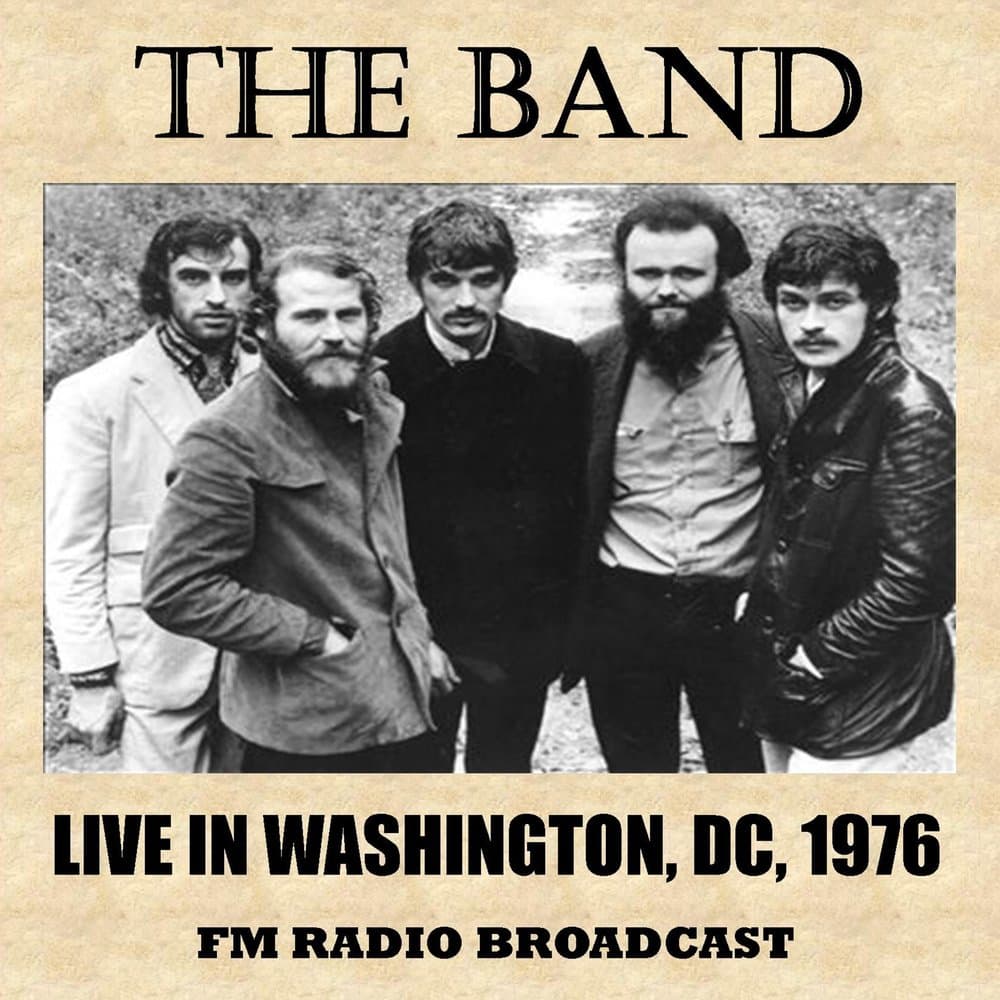
A Surrealist Storm Fueled by Garth Hudson’s Fiery Organ
“Chest Fever” by The Band is a thunderous, enigmatic track from their groundbreaking 1968 debut album, Music from Big Pink. A swirling fusion of rock, soul, and surrealist storytelling, it epitomizes the group’s ability to craft music that defied conventions and lingered in the minds of its listeners. The song has become a staple of The Band’s legacy, performed across countless live shows and immortalized on numerous compilations. Its dramatic opening organ solo by Garth Hudson, a performance both electrifying and unsettling, has cemented “Chest Fever” as a testament to the group’s instrumental prowess and boundary-pushing creativity.
The track begins with a commanding organ introduction, a dark and mesmerizing arrangement that draws heavily from Bach’s Toccata and Fugue in D minor. Hudson’s organ mastery weaves a hauntingly beautiful prelude, setting a mood of intrigue and tension. The introduction would evolve over time, especially in live settings, where it transformed into an expansive improvisation called “The Genetic Method”, often lasting several minutes. This segment was eventually credited solely to Hudson, highlighting his monumental contribution to the song and the band’s sound. As Levon Helm once remarked, “What do you remember about Chest Fever—the lyrics or the organ part?” It’s a rhetorical question with a clear answer: Hudson’s organ ignites the song like a firework.
While Robbie Robertson is credited as the songwriter, the piece was a collaborative whirlwind in practice. The lyrics, reportedly improvised by Helm and Richard Manuel, weave a nonsensical tale of heartbreak and obsession. Robertson later admitted the words were more placeholders than poetry, stating, “I’m not sure that I know the words to ‘Chest Fever’; I’m not even so sure there are words to ‘Chest Fever.’” This ambiguity, far from detracting, adds to the song’s hypnotic, dreamlike quality.
Instrumentally, the track captures The Band’s unparalleled chemistry. Helm’s drumming is steady yet emotive, guiding the song through its turbulent peaks and valleys. Manuel’s vocals, raw and impassioned, deliver the lyrics with a sense of urgency that transcends their literal meaning. Robertson’s guitar work and Rick Danko’s bass lines add layers of texture, driving the song forward with a gritty energy.
“Chest Fever” became a defining live piece for The Band, opening their legendary set at Woodstock in 1969 and featuring prominently in their concert repertoire. The song’s live performances were elevated by Hudson’s improvisations, which drew from a dizzying range of musical traditions, creating a new experience every time it was played.
As a track, Chest Fever embodies the spirit of Music from Big Pink: experimental, collaborative, and emotionally raw. The album marked a turning point in rock history, steering away from the psychedelic excess of the late 1960s and toward a roots-driven sound that celebrated musical craftsmanship. In this context, Chest Fever stands out as a fever dream—an electrifying storm of sound that encapsulates the tension and brilliance of The Band’s artistry.
Its enduring appeal lies in its refusal to conform. Whether through Hudson’s virtuosic organ, Helm and Manuel’s frenzied storytelling, or the song’s anarchic spirit, Chest Fever remains an unpredictable and unforgettable chapter in rock music’s history. It’s a song that doesn’t beg to be understood—it demands to be felt, in all its chaotic and glorious intensity.